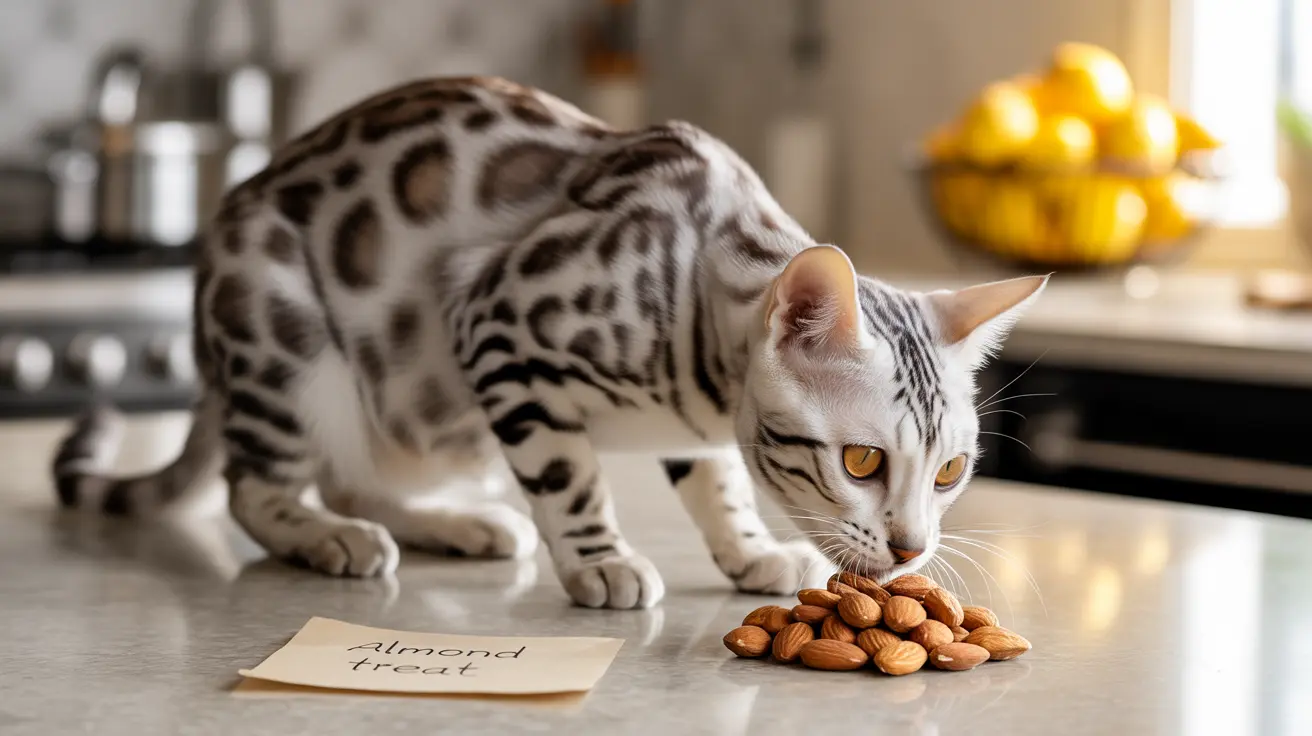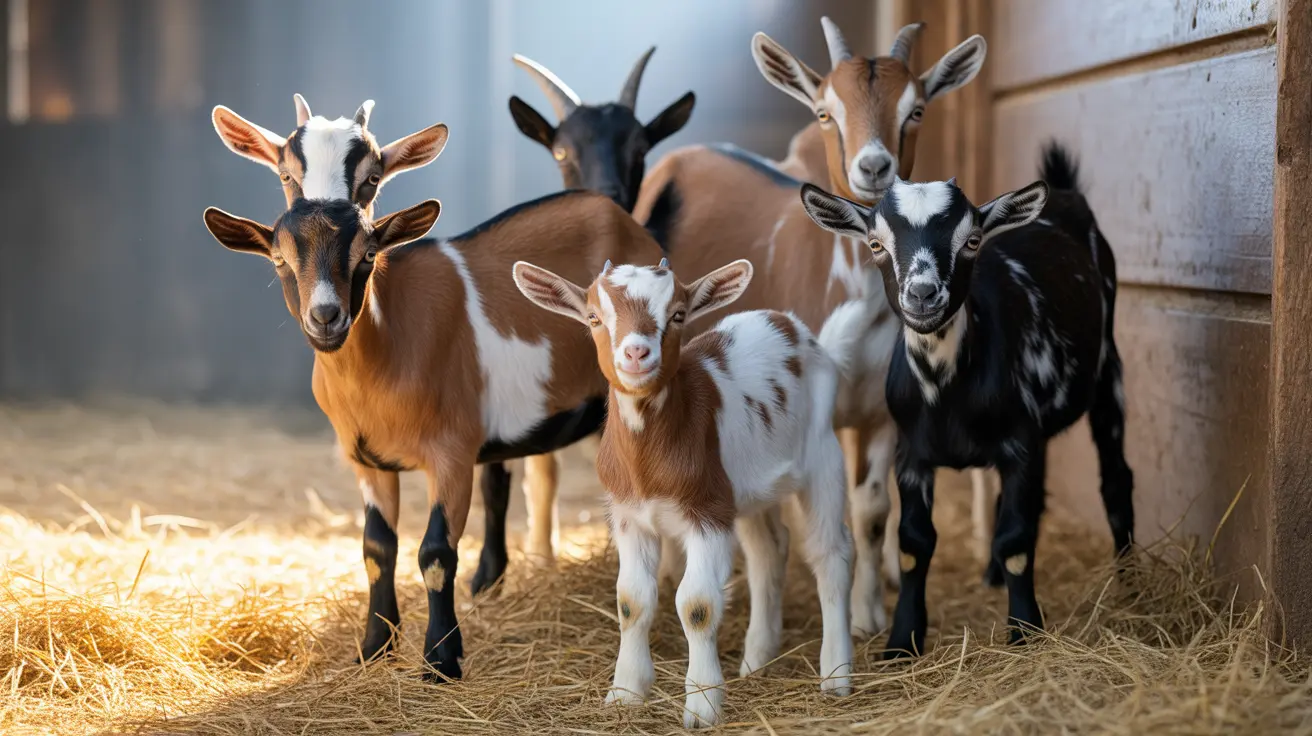Understanding Almonds and Cat Safety
As cat owners increasingly explore human foods for their pets, the question "are almonds bad for cats?" has become a common concern. While almonds are a nutritious snack for humans, their safety profile for felines is more complicated. Understanding the risks and potential dangers of feeding almonds to cats is crucial for responsible pet ownership.
Cats are obligate carnivores, meaning their bodies are designed to digest and utilize nutrients primarily from meat sources. This fundamental aspect of feline biology makes nuts, including almonds, unnecessary and potentially harmful to their health.
Types of Almonds and Their Dangers
Sweet Almonds vs. Bitter Almonds
Sweet almonds, commonly found in grocery stores, are technically non-toxic to cats in very small amounts. However, this doesn't mean they're safe for regular consumption. Bitter almonds, on the other hand, are extremely dangerous due to their cyanide content and can be lethal even in small quantities.
Even a few bitter almonds could prove fatal to a cat, making it crucial to keep all varieties of almonds away from your feline companion. While bitter almonds are rarely sold in the US, it's important to be aware of this distinction.
Health Risks and Concerns
Digestive Issues
Almonds can cause several digestive problems in cats, including:
- Vomiting and diarrhea
- Stomach upset and discomfort
- Potential intestinal blockages
- Risk of pancreatitis due to high fat content
Physical Hazards
The physical structure of almonds poses significant risks:
- Choking hazards, especially for smaller cats
- Potential obstruction of the digestive tract
- Difficulty in proper digestion due to their hard texture
- Risk of dental damage
Almond-Derived Products
Almond Milk and Other Forms
While almond milk is less dangerous than whole almonds, it offers no nutritional benefits for cats. Some cats may experience digestive upset from almond milk, and it should never replace their regular water intake or proper cat food.
Products like almond butter, while smoother in texture, still contain high levels of fat that can lead to obesity and pancreatitis in cats.
Prevention and Safety Measures
To keep your cat safe:
- Store almonds and almond products in secure containers
- Never intentionally feed almonds to your cat
- Keep cats away from areas where nuts are being prepared
- Choose cat-specific treats instead of human foods
When to Contact Your Veterinarian
Seek immediate veterinary care if your cat:
- Has consumed bitter almonds
- Shows signs of choking or distress
- Exhibits symptoms like vomiting, diarrhea, or lethargy after eating almonds
- Displays unusual behavior or discomfort
Frequently Asked Questions
Are almonds safe for cats to eat, and what risks do they pose?
No, almonds are not safe for cats to eat. While sweet almonds are non-toxic in tiny amounts, they can cause choking, digestive issues, and pancreatitis. The risks far outweigh any potential benefits.
What is the difference between sweet almonds and bitter almonds for cats?
Sweet almonds are non-toxic but still unsafe, while bitter almonds contain cyanide and can be lethal even in small amounts. Bitter almonds are particularly dangerous and require immediate emergency care if consumed.
Can eating almonds cause digestive problems or pancreatitis in cats?
Yes, almonds can cause severe digestive issues and pancreatitis in cats due to their high fat content. Symptoms include vomiting, diarrhea, abdominal pain, and lethargy.
What should I do if my cat accidentally eats bitter almonds?
If your cat consumes bitter almonds, seek emergency veterinary care immediately. This is a potentially life-threatening situation requiring urgent medical attention.
Are almond products like almond milk or almond butter safe for cats?
While not toxic, almond products offer no nutritional benefits for cats and can cause digestive issues. It's best to avoid giving cats any almond-based products and stick to their regular cat food diet.






